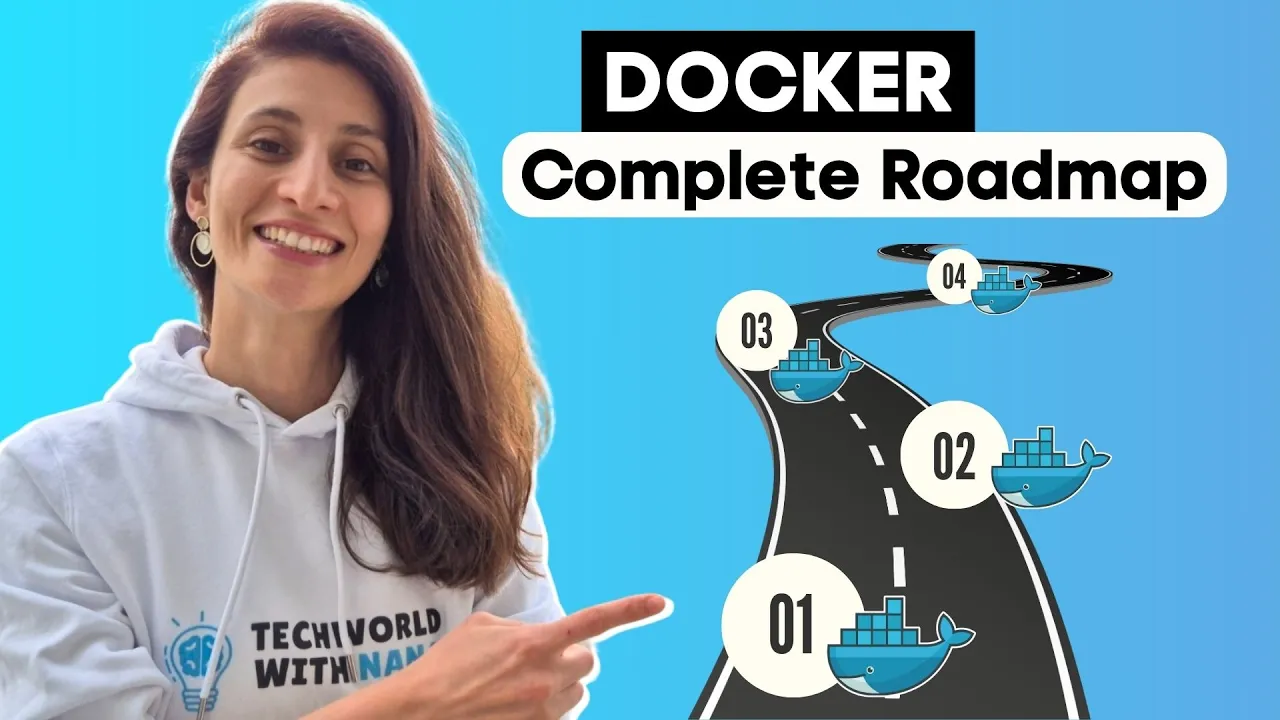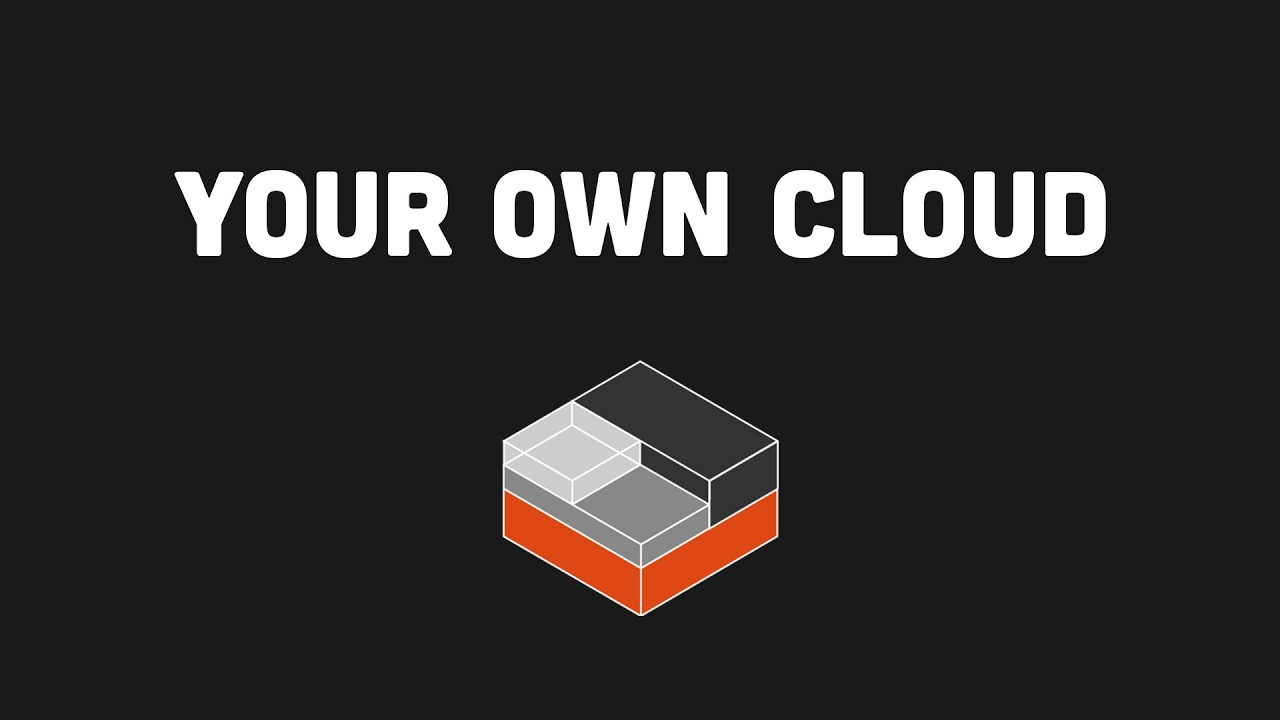Containerization & Orchestration
Implementation guides, tools, and best practices for containerizing applications and orchestrating container deployments at scale provide organizations with the knowledge needed to modernize their infrastructure and delivery pipelines. Containerization technologies like Docker encapsulate applications and their dependencies in isolated, portable units that run consistently across different environments, eliminating the traditional "works on my machine" problems that plague software development and deployment. Container orchestration platforms such as Kubernetes have emerged as the industry standard for managing containerized workloads at scale, providing automated deployment, scaling, and management capabilities through declarative configuration files that define the desired state of applications and infrastructure. Successful container strategies implement microservice architectures where applications are decomposed into smaller, independently deployable services with clearly defined boundaries and communication interfaces, enabling teams to develop, test, and deploy services autonomously without coordinating complex release schedules. Security considerations for containerized environments include implementing image scanning to detect vulnerabilities, enforcing least-privilege principles through defined security contexts, network policies for service-to-service communication controls, and secrets management solutions that securely provide sensitive configuration without embedding credentials in container images or deployment manifests.









